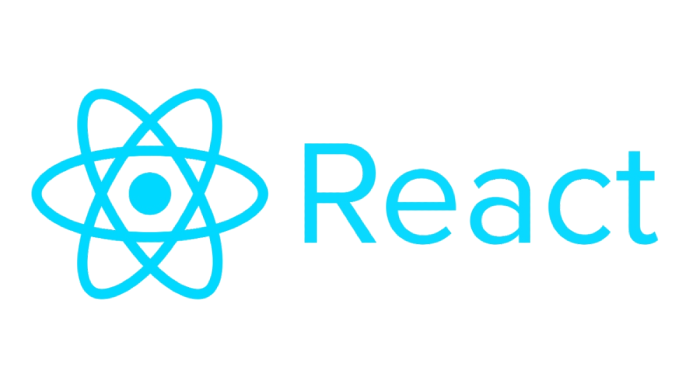Being two of the most widely used front-end programming frameworks, React vs Angular comes to mind when thinking about the JavaScript Ecosystem. But how do you choose between respond and angular? Should you first base your decision on the project’s requirements? Or, in the beginning, take into account its acceptance and ramp-up period?
Should I create my web or mobile app using React vs Angular? If they want to keep up with the rapidly changing field of front-end web development, it’s a question that both newcomers and seasoned professionals will ultimately have to answer.
What Is Angular?

Angular is a popular open-source front-end web application development framework maintained by Google. It is used for building dynamic, single-page applications (SPAs) and mobile applications. Angular is based on the Model-View-Controller (MVC) and it offers a declarative approach to building user interfaces.
What is React?

Facebook uses the JavaScript library React, which was released as open-source in 2013. Component-based architecture, a web development idea made popular by this framework, has a variety of advantages, such as:
modular and coherent components that can be used repeatedly, hastening the development process.
Since it enables developers to reuse the logical component of an app while only altering the view, it is useful in mobile development.
Self-contained components make for simple maintenance and improvement.
The majority of the frameworks that were available at the time, including AngularJS, were quickly surpassed by React as it swept the market. The community’s enthusiasm for component-based architecture inspired Google to enhance its JavaScript framework in 2016 and give it the moniker Angular2.
React vs Angular are both popular JavaScript frameworks used for building web applications, but they have some key differences in their approach and functionality.
Difference Between React and Angular:-
| React | Angular |
|---|---|
| React is a JavaScript library | Angular is a full-featured JavaScript framework |
| React provides greater flexibility in terms of choosing which tools and libraries to use alongside it | Angular has more features built-in |
| React has a moderate learning curve | Angular has a steeper learning curve |
| React has a simpler API and can be used with plain JavaScript | It has a larger API and requires knowledge of TypeScript, which is a superset of JavaScript |
| React permits you to develop UI components | Angular helps develop dynamic web applications |
| React follows a unidirectional data flow architecture called Flux “React, data flows only in one direction, from parent to child components” | Angular follows the Model-View-Controller “MVC” architecture, “Angular, the data, view, and logic are all handled by different components” |
| React is known for its excellent performance, particularly in rendering large amounts of data | Angular can also handle large amounts of data, but its performance can suffer when dealing with complex UI components |
Community
React was developed by Facebook, as we well know, and Angular was created by Google programmers. Each has grown in prominence more quickly than other frameworks due to support from these two titans, among other factors. Since their inception, the developer community has done an outstanding job of improving both React vs Angular, and they continue to do so.
Both, as you might guess, have sizable, vibrant communities with a lot of engaged individuals. Impressive GitHub ratings and StackOverflow queries with tags support it.
Summary
The choice between Angular vs ReactJS depends on abilities and personal preferences in addition to the key traits and features of each framework. When drawing a conclusion, remember that there is no correct response to the query “Which is better, React vs Angular?”
You must have recognized after reading this Angular vs React blog post that the needs, scale, and objectives of your project will determine the best framework for you. Every framework has advantages and disadvantages, as this blog has covered. You can decide which framework you want to use after reading about the distinctions between React vs Angular. If you are a beginner, though, stick with ReactJS because it is simple to use and features

Kurtis Marsh is a technology enthusiast and internet entrepreneur based in Georgia. He has been writing about technology for over 4 years, with a focus on security, privacy, and emerging trends. He enjoys exploring and experimenting which has led him to experiment with various coding projects and software applications. His passion for technology analysis has allowed him to develop his skills and help him give advice on the best new products. He is always looking for the latest information to bring to his readers.




